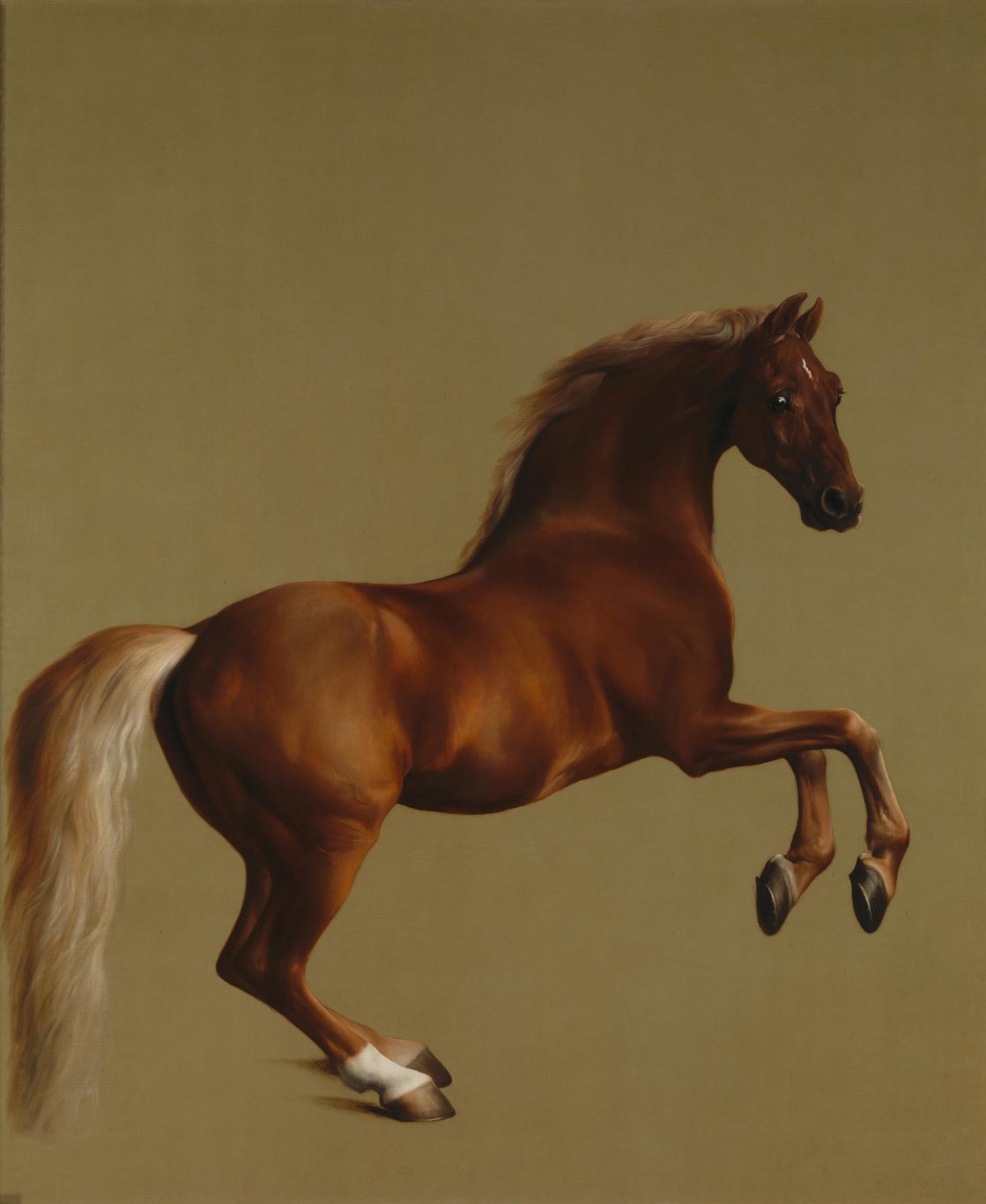i.
A clearing in the pines and the snow swept
around a square of earth.
Our steaming breath.
The way one window frame from the condos
imprinted down my eye because we all were
weeping and everything went streaked then vivid.
Kneeling against the patch of astroturf
to scatter my handful of soil. . . it hit:
the sobbing
like a plunge to some reservoir
of heat beneath the rib cage
submerged
then up then plunged again
was not because
her fingers in her wedding photograph
twisting to clip her veil (so delicate)
were ash:
she still was there. Her Auntie Wisdom
simper imploring us “o please enough”
beneath her own wet eyes
seemed palpable
as snow or gravel.
Only looking up
from the ground now
where to find her? Where render
this sheerest feeling toward her?
In her ranch house
wedged in a wicker cabinet
her TV
fluttered above me all those afternoons
my parents sent me there.
And the stories
up on the screen, and the crinkle of banked fire
her old retriever snored beneath.
So close
to permanence:
this warmth she carried round her
loomed as an element my life could enter.
Over us now, that window frame ballooned.
It drizzled blue and silver, and was gone.
We walked the trampled path behind the priest
back to the idling purr of the warm cars.
ii.
I’m reading scholarship about TV.
The writer claims it streams two ways at once.
It pours the aggregate inside the home
so people of every color
cheetahs
in the Okavango
sales on furniture
and faces of refugees
(some flattened ghost
at least in digital particulate)
all overflow the limits of the place
we’re watching from.
It also filters out.
The spectacles of public life now shrink
to the console. And what gets blinkered off
turns easier for power to control.
I’ve drifted from the theories.
But a trace
of networks cinching us between what screens
we’re allowed to see.
From our back porch, June heat
still thick at evening:
the street lights strung
in forced perspective could be bastions, driven
into whatever’s out there as inside
(shivers branching the gut)
white heat coils down.
Long corridors. A whiff of disinfectant.
The complex she endured the last ten years
until she swallowed the pills she stashed (how long?)
for when it came to this.
But came to what?
The feeling she was losing the mind she used
to feel she was losing it?
The corridors
like tunnels of pastels, kitsch wreaths, her neighbors
glaring from neighbor masks?
But she was lucid.
Mere days before, her voice on the receiver
growling about “that fool” the President.
Her congregation, though the priest at last
ran interference, wanted to refuse
her burial rites:
as if the universe blared rules
as firm as walls and all beyond were night.
And yet her plot: the cube with its five sides
of glinting earth and one of open air
could be an emblem of the self, the recessed
volume displaying all it also hides.
Her eyes, blue liquid under crinkled lids.
Her voice, genteel American bevel edged
by ironies.
Whatever reason drove her
she is complete, and also fugitive.
Corrections penciled on the article
she almost finished
and the paper whites
leaking their sweet ammoniac reek
among the slats of sun and the dust whirl.
iii.
A girl in Kansas on a snow-swept hill
where the Command and General Staff School
skirts the Missouri, you crouched to aim your sled.
Then stopped.
Figures were circling a black tree.
Two soldiers lifted a stretcher.
It was
Elizabeth Andrus who you said “had eyes
like coffee beans.”
Next morning the word leaked
round Leavenworth. She died. A ruptured spleen.
The funeral parlor’s candelabras wavererd
over the coffin: short, mahogany.
Her face a slice of moon in the brown air
too sweet from lilies. And the gladiolas
scissoring everywhere.
These entrances
of others in your life
however long
they stay
and then their disappearances:
I want to ask you
is this all: a throng
of faces more and more eclipsed to blur
and no great pattern holding us together?
I hear your voice: “I still hate gladiolas!”
iv.
Then two years after her memorial.
LaGuardia. Morning dark on the plate glass.
My nerves all tangle and snap from no sleep.
Channeling up the ramp
one face was
so familiar.
Daniel? Dan? David?
While his freckled brow imprinted, decades
broke off to cubes, were sectioned air our bodies
plummet inside.
And Dan or Donald turned.
I didn’t know him.
But the feeling comes
even weeks later now.
Paco Rabanne
and phosphorescent phones. An earbud wire
and lilac muumuu.
Laurie? Lindsay? Lorraine?
Each profile glowed distinct
and yet some tincture
pooled in the eyes: some molten soul inside
the finite ways skin rides the bone and bone
pulls skin across it.
On the hanging screens
satellite vans beneath a desert sun.
Machine guns.
And the anchor’s face shellacked
with decency.
As if the surface of the world
were cover up. Those pixilated features
clenched in their faintest disapproving frown
slackening now to sympathetic grimace
masked an invisible force held static on each
screen through the tapering terminal:
the window frame above her funeral
had glistened with the same insinuation:
each smallest particle of memory
(her fingers liver-spotted on a glass
enameled with daisies)
could be preserved
and even her suicide appeared her slicing
through her expected
slow occlusion to this
shiver of both arrival and departure
where any other pair of eyes meets yours
in long remembered but till now forgotten
silent, articulate, animal glimmers.
Then it snapped off.
No world behind the world.
Only the forced perspective corridor.
Only the crawl of numbers on the screens.
And hours later
like a dream but clear:
solidity of strapped-in bodies. Snoring.
Out the window near Wichita
blue lines
of the street lights
ascending from the snow
stitch marked the ground
with the barest urgency
that sunk them there: the thrust of families
surging from someplace to someplace else.
 Peter Campion is the author of Other People (2005) and The Lions (2009), both from the University of Chicago Press. He’s the recipient of the Rome Prize Fellowship (Prix de Rome) from the American Academy of Arts and Letters, and the Guggenheim Fellowship. He teaches in the M.F.A. Program in Creative Writing at the University of Minnesota.
Peter Campion is the author of Other People (2005) and The Lions (2009), both from the University of Chicago Press. He’s the recipient of the Rome Prize Fellowship (Prix de Rome) from the American Academy of Arts and Letters, and the Guggenheim Fellowship. He teaches in the M.F.A. Program in Creative Writing at the University of Minnesota.




